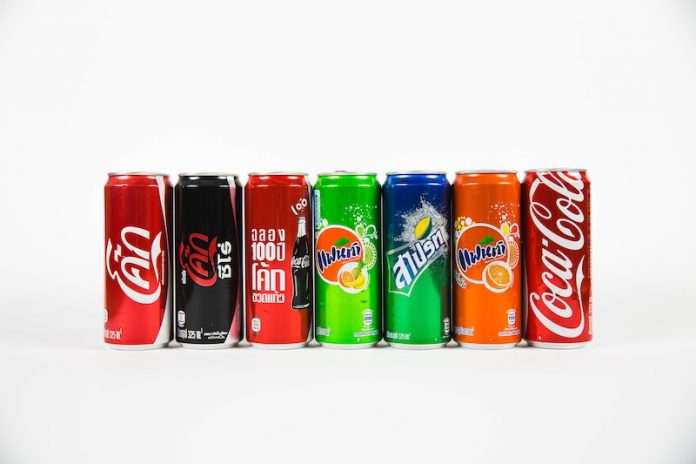
In a new study, researchers found that sugar-sweetened acidic drinks, such as soft drinks, is the common factor between obesity and tooth wear among adults.
The research was conducted by a team from King’s College London.
The team used data from the National Health and Nutrition Examination Survey 2003-2004, which included 3,541 patients in the United States.
They found that being overweight or obese was undoubtedly linked to having tooth wear.
They also found that the increased consumption of sugary soft drinks may be a leading cause of the erosion of tooth enamel and dentine in obese patients.
The team says it is the acidic nature of some drinks such as carbonated drinks and acidic fruit juices that leads to tooth wear.
Tooth wear is ranked as the third most important dental condition, after cavities and gum disease and the consumption of acidic food and drink is a leading cause of this.
Obese patients also have other risk factors such as the increased likelihood of gastric reflux disease (heartburn) which was controlled for in this study.
The team says the study provides an important message for obese patients who are consuming calories through acidic sugar-sweetened drinks.
These drinks may be doing damage to their body and their teeth. There is also an important message for dentists.
Doctors should be asking patients who are obese and have tooth wear what calories they are drinking as this may be having an effect on their full bodies—not just their teeth.
Previous research from King’s has found that tooth wear affects up to 30% of European adults. It is the premature wearing of teeth due to the softening of the dental enamel from dietary or gastric acids, combined with wear and tear.
It occurs when the outer layer (enamel) of the tooth slowly dissolves. This can lead to changes in the shape or appearance of teeth, and they can become sensitive when eating or drinking cold food and drinks.
At its worst, the tooth structure can gradually wear away.
Tooth wear is preventable and changes to consumption habits can help stop people from getting it or making it worse.
The lead author of the study is Dr. Saoirse O’Toole from King’s College London.
The study is published in the journal Clinical Oral Investigations.
Copyright © 2019 Knowridge Science Report. All rights reserved.



